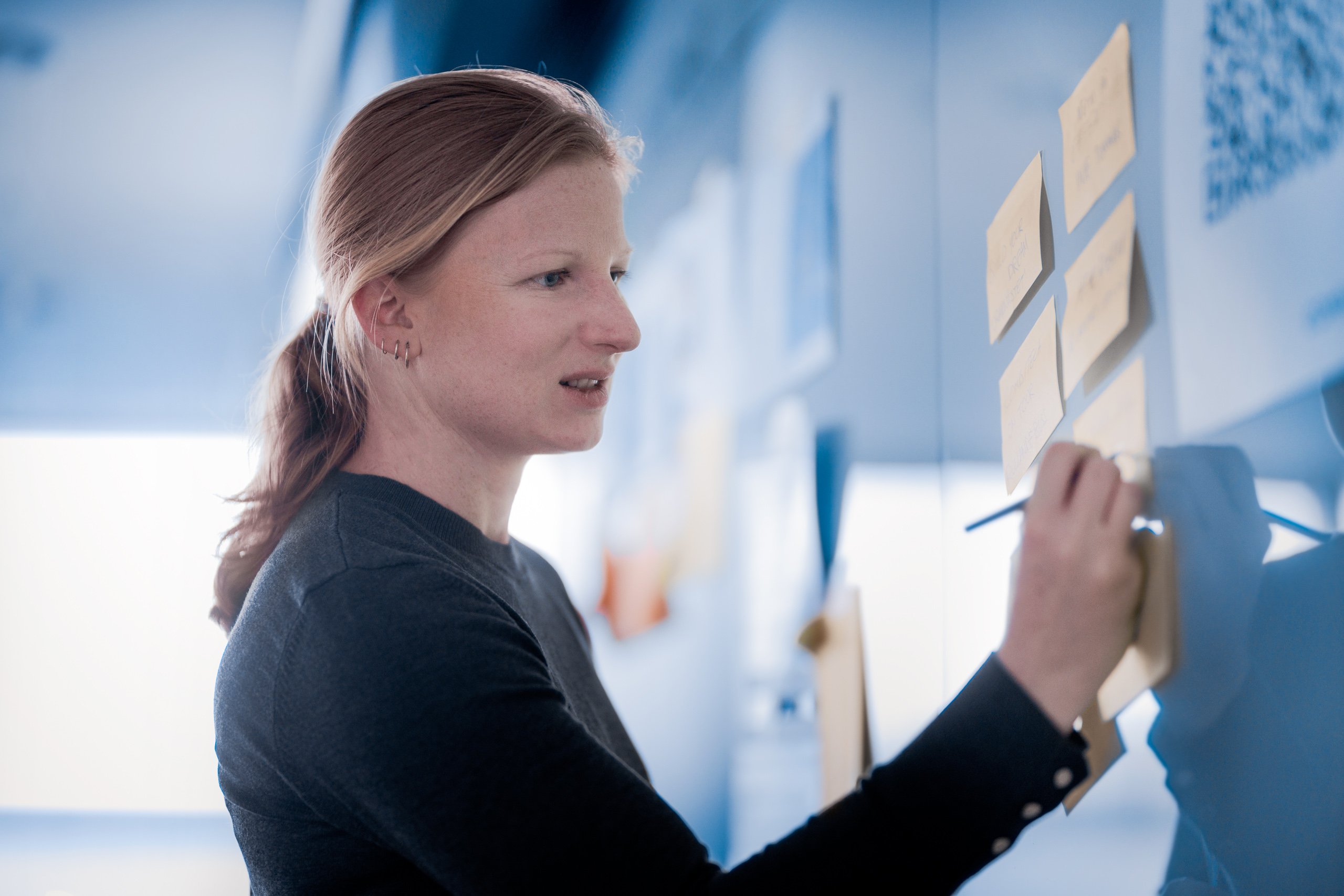Our Offering
arrow_drop_down
Smart and resilient total defence
Smart and secure industry
Smart and sustainable community
All our services and solutions
Career
arrow_drop_down
For students
Cutting edge tech
Competence development
Room for life
About us
arrow_drop_down
Our management team
Partnership with Mattecentrum
Sustainability
Suppliers and subcontractors


